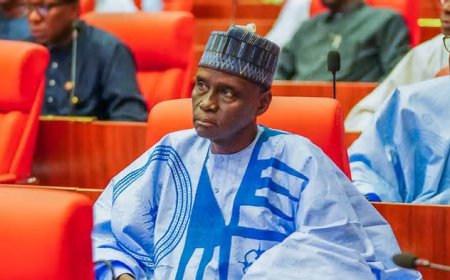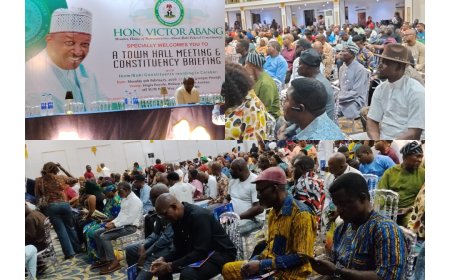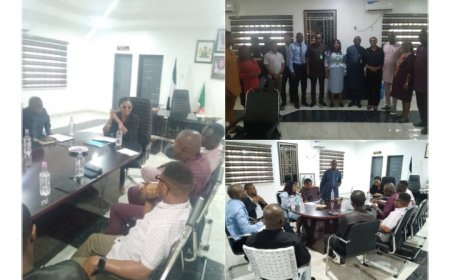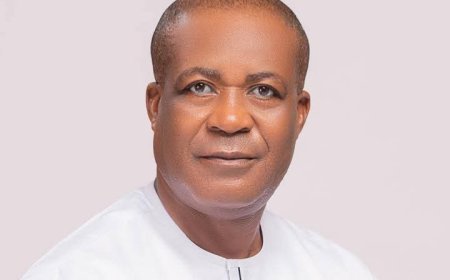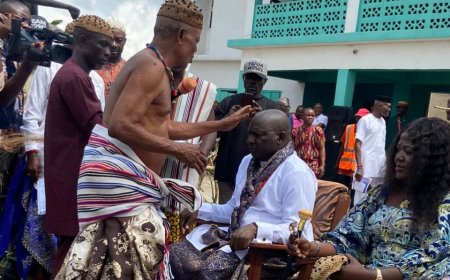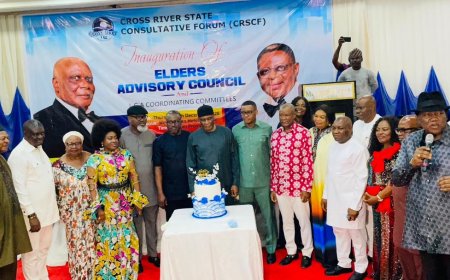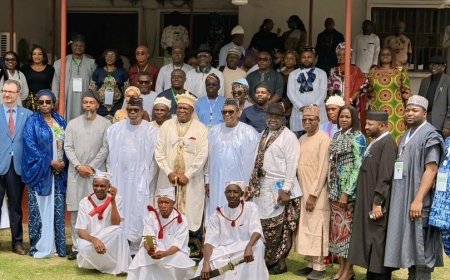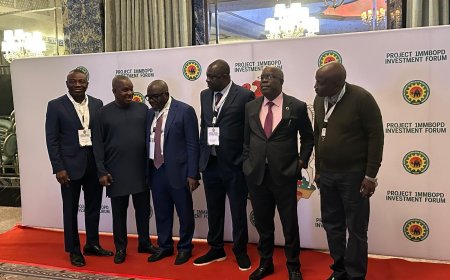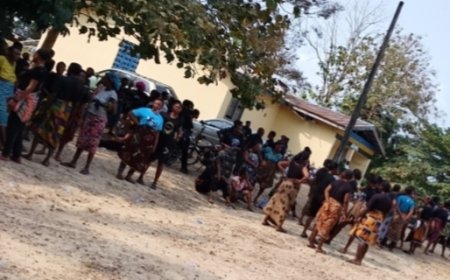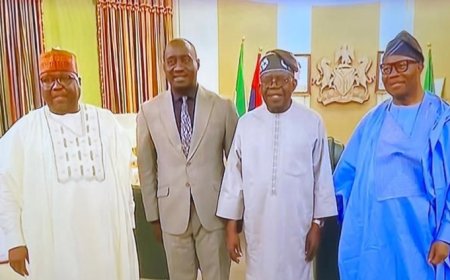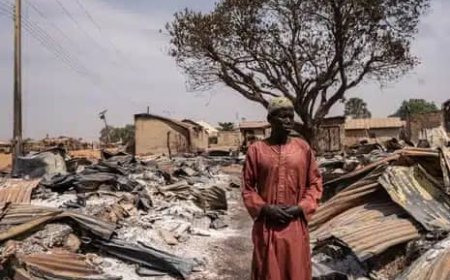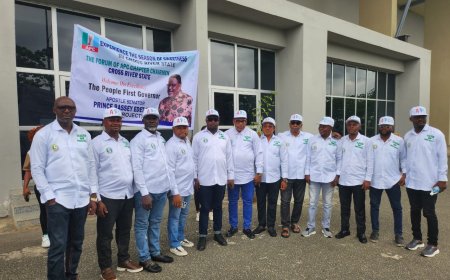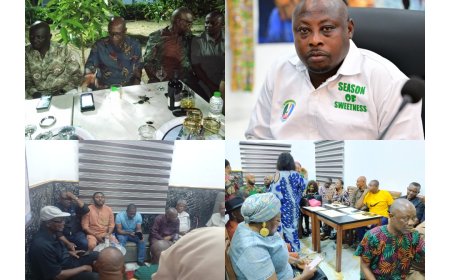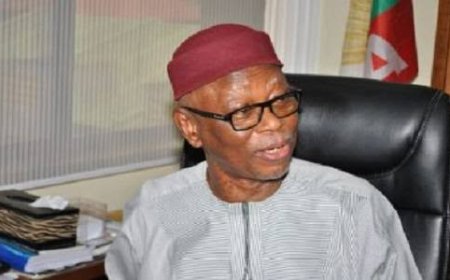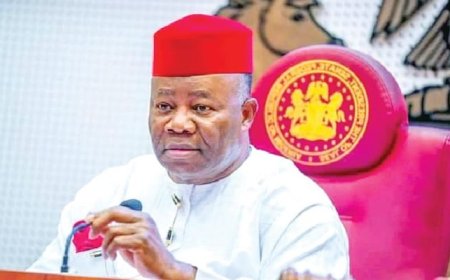Tackling multidimensional poverty in Cross River communities
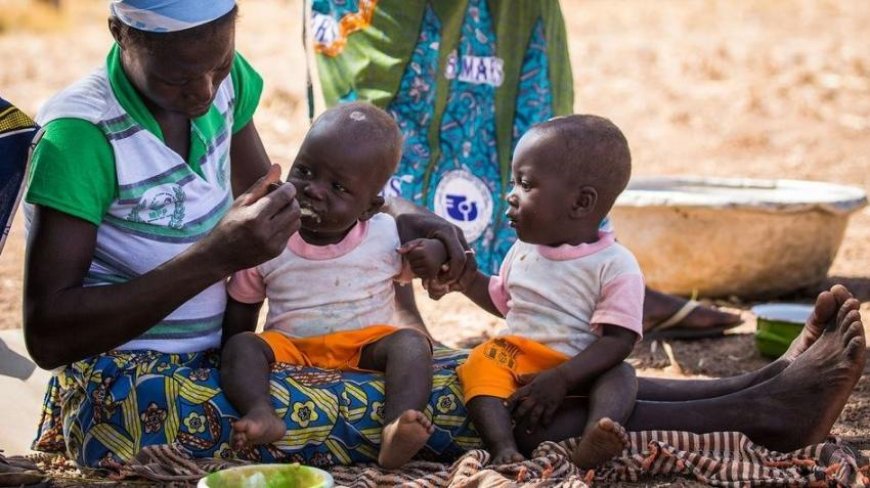
By Ehigimetor Igbaugba
In Cross River, life in rural communities is a daily struggle against multidimensional poverty.
Families walk miles for clean water, children risk missing school due to poor roads, and entire villages endure years without electricity or adequate healthcare.
The state, with a population of about four million, a landmass of 20,156 square kilometres, and 60 languages, has therefore witnessed its rural communities endure decades-long infrastructural deficits amidst rising poverty.
Consequently, millions face deprivation in health, education, and livelihoods; a cycle of hardship that has persisted for decades.
However, amid these challenges, emerging interventions and government efforts now offer a glimmer of hope for communities long left behind.
Moreover, recent data indicate that a substantial portion of Cross River State’s population is living in poverty, with over 80 per cent residing in rural areas.
The 2022 Multidimensional Poverty Index (MPI) report by the National Bureau of Statistics (NBS) revealed that 75.6 per cent of the state’s population, or 3.44 million people, are experiencing multidimensional poverty.
This implies that a large number of residents face deprivations across multiple aspects of their lives.
Studies further point out various factors that contribute to poverty in Cross River, including inadequate access to basic amenities, lack of economic opportunities, and limited access to healthcare and education.
Findings have revealed that most local government areas lack basic amenities to function effectively as cohesive units.
Mr Kingsley Eworo of the Budget Transparency and Accountability Initiative in Nigeria, an NGO, affirmed that there is a wide gap between what is obtainable in the rural areas of the state and the city.
“A recent survey on the multidimensional poverty index in the state revealed a very high deprivation in the state as it concerns health, education, electricity, living standards, work, and the likes in the rural communities, “he said.
Eworo further emphasised that these challenges did not arise overnight but are the result of years of poor governance and inadequate policy implementation by successive state governments.
“It is really a pathetic situation. Farmers have their income depleted as most of their produce gets wasted due to the absence of storage facilities and good roads to evacuate their produce to the markets.
“These people also die from ailments that could have been treated because of lack of health facilities, while many of their children drop out of school due to poor living conditions, “ he stated.
Similarly, an assessment on the welfare of the people by Marcellinus Edem, an environmentalist, discovered that over 2,000 communities in 10 local governments of the state lacked access to power supply.
Edem noted that most rural areas in the state are vulnerable and threatened by their own environment, especially regarding access to information and infrastructural development.
“This has encouraged and promoted gangsterism, educational backwardness, poverty, and sexually transmitted diseases among peers”.
For instance, Bekwarra local government has not had power supply for more than seven years, while Ogoja, Yala, Obanliku, and Odubu, all in the northern senatorial district of the state, go for months without electricity.
The situation is also challenging in the southern and central senatorial districts, where, until recently, inhabitants of council areas like Akpabuyo and Bakassi lived without public power supply for over 11 years.
On the restoration of power supply to Bakassi, the people of Ikang community commended Gov. Bassey Otu for fulfilling one of his campaign promises.
According to the village head of the clan, Chief Antigha Cobham I, the restoration will lead to improvements in security within the area.
“Before now, once it’s 5pm, nobody goes outside and comes into Bakassi. But this has changed, and we are indeed grateful to the governor.
Similarly, a hotelier in Bakassi, Mr Anthony Edem, called the restoration of power supply to the area a “restoration of our means of livelihood”.
On the other hand, Akamkpa, which hosts most of the mineral resources of the state, is also not immune from electricity challenges.
In addition to energy issues, several communities face challenges in accessing healthcare facilities and potable water.
Indeed, the water situation is so difficult in some of these communities that inhabitants must walk long distances just to collect water, while others rely on unhealthy sources.
According to the Paramount Ruler of Bekwarra Local Government, Linus Odey, his Akwarinyin-Abu community and 15 others drink water from the same stream as cows.
He lamented further the deplorable road connecting the communities, stating that it takes three days to reach the council headquarters during the rainy season.
Odey also highlighted that the communities lack other essential social amenities, such as health facilities and roads, which could enhance living standards.
“Any aspiration that does not change the life of the people is a wasted investment,” he said to the political class.
A resident, Mr Mike Obi, argued that, given the high poverty rate and its multifaceted nature, there is a need for targeted interventions and policies to address the various dimensions of poverty in Cross River.
“This should include investments in rural areas, access to healthcare and education, and the creation of economic opportunities for vulnerable populations”.
Mr Lloyd Ndoma, an entrepreneur, painted a grim reality of the Ikori indigenous people, who are predominantly farmers but lack access roads to their communities.
He criticised the government for allegedly focusing on ‘elephant projects’ that have little direct impact on rural dwellers.
“Take for instance the Ikori indigenous people. There are no fewer than five villages there from two local governments of Obubra and Akamkpa, and it is hellish travelling to this place because of the state of the road.
“The transport fare costs N5,000, and it is only on motorcycles as the road is too bad for vehicles to ply. The pain of it is they are predominantly farmers and far from the city.
“You better can imagine how they are able to access health facilities and evacuate their farm produce.
“The truth is that these people are far from reality, and our government is yet to show seriousness and how to tackle challenges in rural communities,” Ndoma added.
Lawmaker Kingsley Ntui, representing Etung constituency in the State House of Assembly, regretted that infrastructural deficits have stifled development in rural areas.
He decried the absence of a suitable network of roads linking major communities in his constituency.
“The poor state or total absence of accessible roads between these communities has significantly restricted the movement of people and goods, stifled economic activity and limited access to essential services including healthcare, education and local markets.
“Again, infrastructural deficiency has led to the isolation of several major communities within the local government headquarters of Etung, discouraging private investment, local enterprise and development initiatives”.
However, the state government, through the Commissioner for Information, Dr Erasmus Ekpang, offered a differing view on infrastructural deficits in rural communities.
“Successive administrations in the past have conscientiously worked and carried both rural and urban areas in their developmental trajectory.
“These are deliberately done to guarantee that every nook and cranny of the state feel the impact of good governance”.
Ekpang explained that the current administration has made conscious efforts to spread development across the 18 council areas, especially in road construction, agricultural development, and health facilities.
“108 tractors, fertilisers, and other farm implements have been provided for small and large scale farmers to boost food production vis-a-vis food security.
“Health centres have been rehabilitated across rural communities, amongst many other sectors of our state development.
“As stated earlier, Cross River State have no infrastructural gap but I can agree with you that the infrastructural facilities may not be adequate to cover all the different communities spread across the 18 local government areas of the state.
“The reason for these inadequacies is the low earnings from the federation account and other competing demands for the available funds.
“However, the government is prioritising project implementation to meet up with available funds”.
Speaking further, the Commissioner noted that to proactively address potential infrastructure gaps across the councils, chairmen have conducted thorough evaluations and identified new projects.
“These proposals have been submitted for review and inclusion in their supplementary budgets because their budgets were initially prepared by their heads of administration before they assumed office.
“I assure you that for the 2026 fiscal year, additional projects will be identified that directly benefit those at the grassroots and align with our people-first mantra, ensuring their successful execution.
“This government is committed to prioritising grassroots development and is dedicated to transforming the socio-economic landscape of our state to enhance the living conditions of our citizens.
“It is crucial to acknowledge that not all local governments are financially self-sufficient; thus, it is through our collective efforts that we can achieve comprehensive and sustainable development across the board, “Ekpang added.
NAN Features


